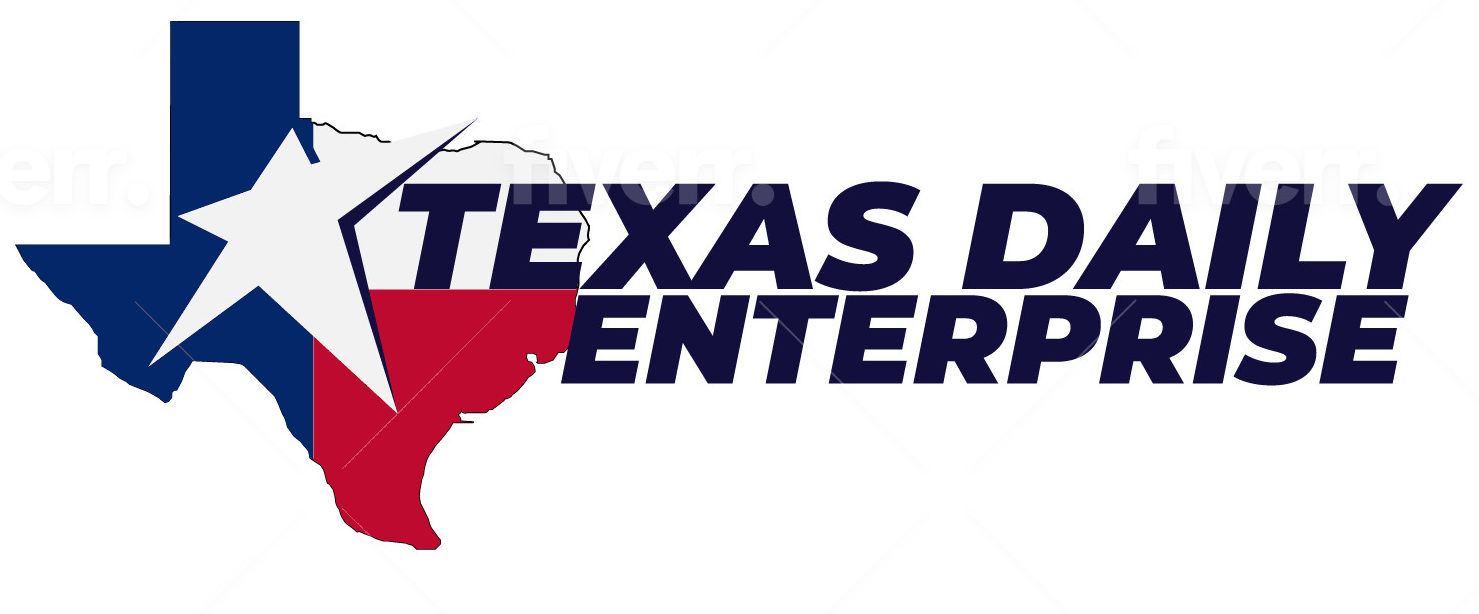Fuel Economy Standards vs. Gas Tax
It seems obvious to me that our country should implement higher taxes on gasoline. Our need for additional revenues to reduce record deficits, coupled with a desire to reduce our consumption of oil for both economic and climate reasons, leads most economists to favor an increase in the gasoline tax.
However, objections to gasoline taxes come from both the left and the right. The main objection from the left is that gasoline taxes are regressive, which is true, but it is something that can be fixed by altering taxes in other ways, such as reducing payroll taxes. The objection from the right is that gasoline taxes raise revenues – which, I guess, is the point.
In any event, even though an increase in the gasoline tax is generally viewed as a political non-starter, Congress has been able to pass Corporate Average Fuel Economy (CAFE) standards, which set a sales-weighted mean fuel economy for a car manufacturer’s fleet. If the average fuel economy of the fleet falls below the CAFE standard, the manufacturer pays a penalty.
Lowering our consumption of gasoline requires incentivizing people to drive more fuel efficient cars and/or to drive less. The gasoline tax reduces consumption through both means, while the CAFE standard uses only the former — that is, it induces individuals to buy small cars rather than gas guzzlers, but it has no effect on how much they drive. How do CAFE standards induce individuals to buy smaller cars? In order to meet the CAFE standards, sellers much sell more small cars and fewer larger cars, and to accomplish this, they charge higher prices on larger cars and lower prices than they would otherwise charge on smaller cars, hybrids and electric vehicles.
Although the CAFE standards do not raise revenues, the CAFE standards are similar to taxes paid by the same SUV owners who oppose the gasoline tax. The “tax” cost of inducing individuals to switch from gas guzzlers to small cars must be approximately the same whether it is done with a gas tax or a CAFE standard. For example, suppose that incentivizing a sufficient number of drivers from SUVs to small hybrids requires a gasoline tax that raises the present value of the cost of driving an SUV by $3000 more than it raises the cost of driving a hybrid. To accomplish the same objective through CAFE standards requires SUV prices to increase by $3,000 relative to the hybrid prices.
Actually, since CAFE standards cause small car prices to decline, the increase in large car prices could be somewhat less than $3,000. Indeed, it is a tax that large car buyers pay to small car buyers rather than to the government, and as such, provides a stimulus for the purchase of smaller cars as well as a deterrent to the purchase of gas guzzlers. As a result, CAFE standards are likely to be an economic force against other avenues of conservation, such as carpooling and public transportation.
Takeaways
- CAFE standards might incentivize people to drive more fuel-efficient cars — but it won’t incentivize them to drive less

Sheridan Titman is a professor in the Department of Finance who holds the Walter W. McAllister Centennial Chair in Financial Services. He is also the director of the Energy Management and Innovation Center at UT. Dr. Titman took his Ph.D. at Carnegie Mellon University. His research interests include both investments and corporate finance.

